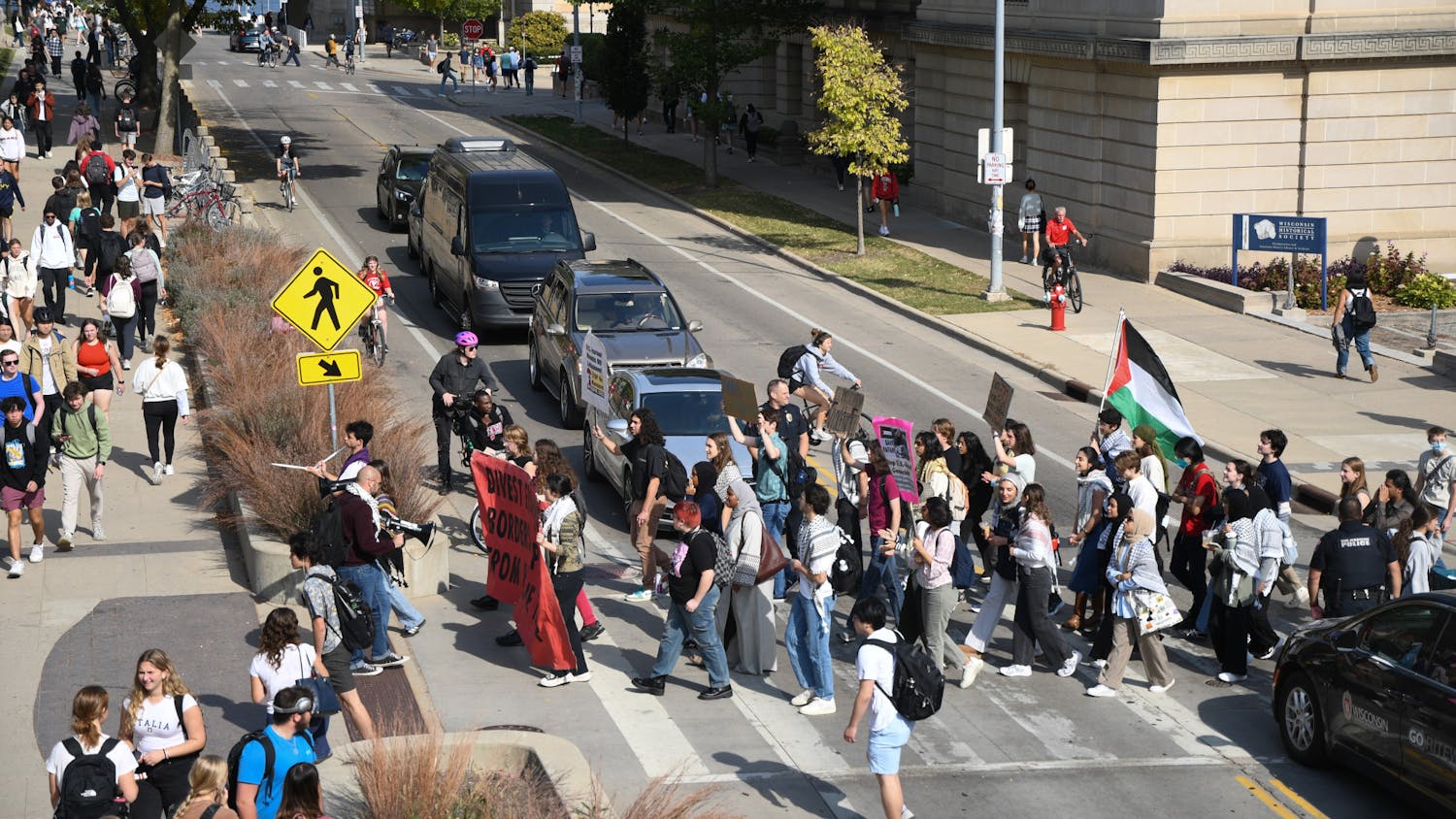\Endless happiness"" and ""infinite prosperity""'these are the rewards promised to the terrorists of Sept. 11. According to news reports, a document left behind by the men who flew hijacked airplanes into the World Trade Center and the Pentagon describe a ""happy life"" in heavens full of virgins for those who complete ""a job which is loved by God.""
Documents like this have prompted many scholars, journalists and government officials to cite a distorted Islamic faith calling for justice against an ""evil"" America as the primary motivation for Sept. 11's terrorists.
But some scholars are debating whether just ideology and the quest for vengeance against a perceived adversary are sufficient in explaining the motives of terrorists willing to partake in a suicide mission, said UW-Madison sociology Professor Chad Goldberg.
""There are plenty of frustrated, angry, deprived, oppressed or despairing individuals around the world who don't become suicide bombers,"" he said.
Goldberg also said ""motivation"" is not necessarily the best way to explain the mindset of terrorists willing to sacrifice their lives. Groups like al Qaeda, which often recruit their suicide bombers a mere two weeks before a mission, are the key force behind prompting men to give up their lives in the name of a cause.
""An important part of the explanation has little to do with motivation at all, but rather with organizational networks,"" Goldberg said. ""Suicide bombings are not the acts of isolated individuals, but depend in part on formal or informal organizations that recruit and mobilize individuals, channel their anger, coordinate and direct their attacks and ensure that they follow through with their missions.""
Some scholars are also arguing that the incentives of terrorists willing to give up their lives are hardly unique to suicide bombers, according to UW-Madison sociology Professor Pamela Oliver.
""There are those that argue an explicit suicide mission isn't all that different from military combat,"" Oliver said. ""People are willing to risk their lives all the time. Some say the military hero could be equated with the terrorist pursuing martyrdom.""
Various scholars also say incentives that incite a terrorist to lead a suicide mission may also be the same incentives that inspire or
provoke soldiers to participate in a risky mission, Oliver said. Grievances against an enemy, ideology and a sense of altruistic duty could also be factors in a soldier's decision to partake in a highly risky mission, Goldberg said.
""Though the motivations are not exactly the same, they are not so distant either,"" said Gerald Marwell, UW-Madison professor emeritus of sociology.
But David Glasser, a UW-Madison professor teaching a course on the concepts of warriorship, said any similarities between soldiers willing to partake in a highly risky mission and terrorists purposely killing themselves and innocent civilians are insignificant.
""As [New York University] sociologist Jeff Goodwin has pointed out, a willingness to die for a cause should not be confused with suicide attacks,"" Goldberg said. ""While most armies expect their soldiers to engage in high-risk, life-threatening actions, not all armies mount kamikaze or suicide attacks against military [and] civilian opponents.\





